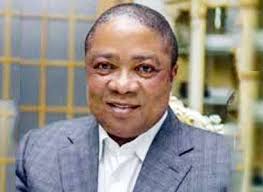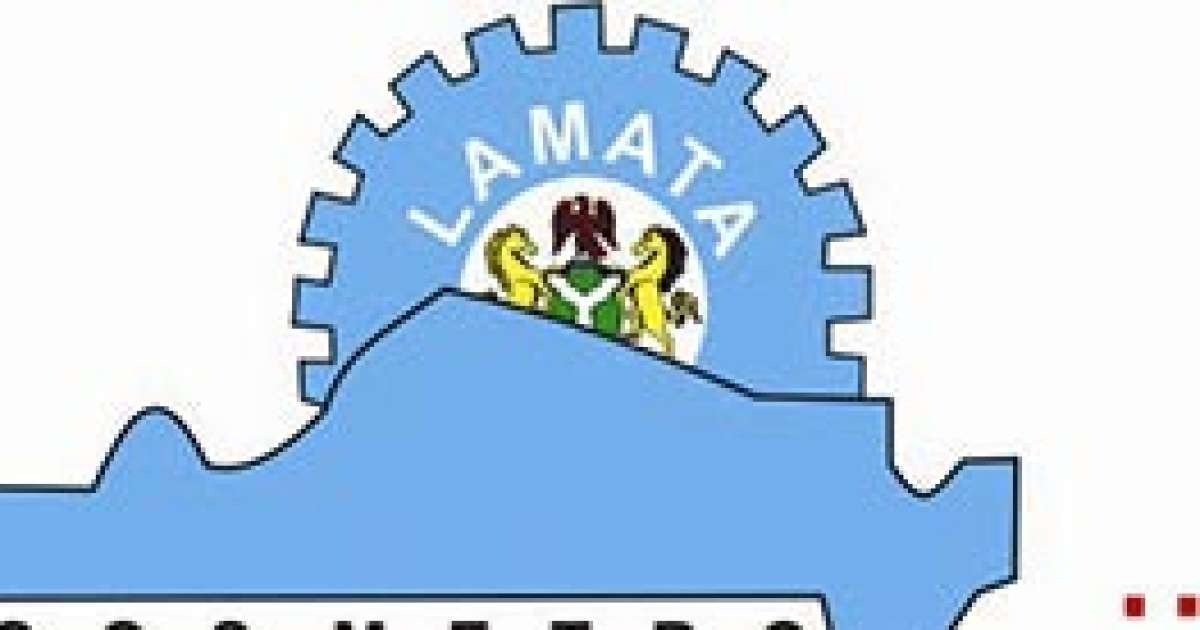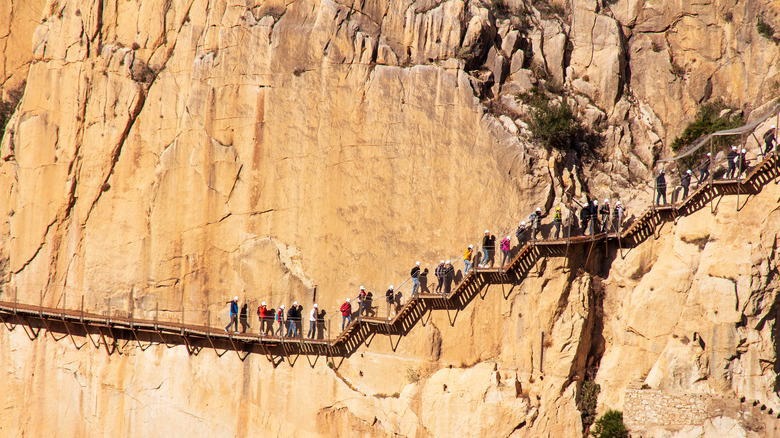The election of Mazi John Azuta-Mbata as the 13th President of Ohaneze Ndi Igbo has drawn both high approbations, and a bit of controversy. The controversy comes largely in the claim from a few quarters about Ikwerre and their Igbo identity. The identity of the Ikwerre as Igbo is not in doubt, and should never be.
But the key driver of these questions has been about the current status of Igweocha, named Port-Harcourt, as the resource capital of Nigeria. Port-Harcourt is the Eastern city of the Atlantic. The long policy of the federal government of Nigeria, which was the basis for the excision of Port Harcourt from where it rightfully, and originally belonged in the East Central state, and which has remained in force to this moment, was to confine the mainland Igbo, and bottle it in until it imploded.
It was to create the crab-in- the-bucket situation in the East: isolate the Igbo, and make them what Buhari later revealed as the“dot.” The policy was created to enervate the Igbo, and make it impossible for them to reorganize, converge, and make threats on Nigeria, at the end of what was a costly war. It was all about oil. The Ikwerre Igbo were victims of war. In order to survive the terrifying onslaught meted on them as Igbo, they chose to deny their identity and filiation with Igbo.
But many remained fierce, and unwavering, because they understood that any man who denies his father, his mother, his land, and his deities is a self-made “Osu.” They understood that one of the greatest temples of the Igbo, the Ojukwu Shrine in Diobu, makes a lie of those who claim that Ikwerre is not Igbo. They understood that all the anthropological evidence available points to Igbo settlement of Igweocha.
The Obi Walis, the Nwuches, the Wonodis, and so many were defiant in their insistence on their Igbo identity. And among them, I now count John Azuta- Mbata. I often do not like to dabble in this question of who chooses to be Igbo or not. This crisis of identity is not confined to just the Ikwerre, or Ndi “Mba Mmiri” ( i.e. “those who dwell by the water,”) as the mainland Igbo call them.
There are many among the in-land Igbo that are equally affected by a terrifying form of self-hate. The truth is that many of these do not see the political and economic value of being Igbo. I have followed this question since Ezenwo Wike, former governor of Rivers State, and now minister in this savage government declared that he was not Igbo, and that his own Ikwerre is not Igbo. Well, if he is not Igbo, why is his name Ezenwo Wike? But I will not quarrel with a man who said he is not what others think he is. Still, the point needs to be made that if Wike is not Igbo, that is his business. A vast number of the Ikwerre are.
Those Ikwerre who are Igbo “nfunala”, might, when the time comes, demand that he stays out of their Igbo business. One of the questions which Mr. Wike, whom I’m told likes his scotch old and well preserved, as well as regular and immoderate, asked was, of what benefit was it to him in Nigeria, to be Igbo? It is a frightfully relevant question. I hope he may receive his answer someday soon, when the Igbo with substantial economic and demographic strength in Rivers State, choose to organize their potential political power and leverage it strategically, and make certain that the likes of Wike never again come to sit in power in Igweocha.
That is the categorical imperative of this moment. Because of the strategic importance of not just the city of Port-Harcourt, but of Rivers and even Bayelsa state in general, the Igbo must find active nodes of partnerships. Governor Fubara is an example of such a potentially powerful alliance. But speaking as Onye-Igbo, I shall now reveal what a great pleasure it is for vast millions of proud Igbo, to be Igbo. It is the
covenant God of the Igbo, Chukwu, who has preserved the Igbo, endowed them with strength, industry, and fortitude. Whatever Ndi Igbo touch, blossoms.
Whichever land the Igbo dwells in, thrives. If the Igbo pick up and leave, wherever they depart from, turns to dust. Light leaves such a land. Like Nigeria: those who have fought for the Igbo to remain in Nigeria know very deeply in their bones, that should the Igbo leave Nigeria, the vital force of nation departs. The Igbo turn swamps into thriving cities. Under siege of war, the Igbo turned their land into a vast workshop; refined crude oil, built munition to defend themselves, turned water into sweetest wine, discovered the vaccine for cholera, turned Aeroplanes into fighter jets, and tractors into armored tanks. They designed and built the airports at Uga and Uli under vast tropical mantles. They raised an army and fought a highly equipped federal force supplied by the world’s best and most expensive armorers, to a standstill for three years. Even today, every Igbo child is a trained soldier, by means which many will never understand, and can be activated quickly, fiercely, and resolutely if the Igbo are pushed again to fight for their lives.
Nigerians should not be deceived by what they see of the IPOB. It is not the organized force of the Igbo. It is, at best, a fissiparous movement, driven to act, without wide mandate. Their cause is just, their methods suck. It is about mandate. It is that mandate secured after a very long, mind-bending disputation, very characteristic of Igbo democracy, out of which consensus finally, is reached. From that consensus the Igbo could say, “Igbo kwenu!” and the answer would be,
“Yaa!” It is a difficult, and overwhelming process, but until the Igbo say, “yaa!” in the loud resounding way, nobody dares claim to act for them. They will be given the Okonkwo treatment.
When Okonkwo looked behind, after his action, having lopped off the head of the Whiteman’s emissary, in defense of what he thought was the honor of Umuofia, rather than approbation, he heard voices saying in utter disquiet, “but who sent him?” If the Igbo organize a force, the difference will be clear. It is just that in 1970, to end the last civil war, the Igbo made a covenant of peace, and they have kept their own part of the agreement: “No Victor, No vanquished.” Since 1970, the Igbo have chosen to beat their swords into ploughshares. As the Igbo themselves say: “Agbasia oso, Agua mile!”
Basically means, at the end of the race, we will take count of the miles. The eyes of the Igbo are no longer trained just on Nigeria. The great millennial Igbo project is West Africa – to create a West African republic as was nearly achieved by the Aro, and as was envisioned by the 19 th century Igbo. So, those who think that they are isolating the Igbo in Nigeria, by trying to make a dot of them, have very little idea: what they have done is to free the Igbo to imagine a new world beyond their current confinement in Nigeria. And I will also say this because it is important: the Igbo dream of fulfilling that covenant with their “Chi,” which is, to free Africa from the bonds of the ages, as was clearly articulated by the great Zik in 1947.
They understand this great historical task. They also understand that they will do this in equal and working partnership with other Africans. They will join hands to right the course of our ship that currently feels like it is lost at sea. In due course, and it is just a matter of time, the Igbo will govern Nigeria again. From their own experience of suffering and enduring injustice, the Igbo will build a just nation. The Igbo, when they return, will take back the wealth of this nation from those who have stolen from her, and restore it to the commonwealth.
The Igbo have kept records and have long memory. Those who call for the death of the Igbo today, who engineer their expulsions, who destroy their property, who steal the great wealth of the land, who kill the
Igbo and their children should know that tomorrow is pregnant. The Igbo will exact appropriate justice. The Igbo are invested in Nigeria, as a stepping stone to a higher purpose. This nation must be built by all means necessary, and it would require Igbo ingenuity. As a result, the large majority of the Igbo have elected to endure Nigeria with all its current, horrendous limitations, bid their time, and activate the “Nwaebule-Ako” protocol.
The Igbo are in Nigeria for the long haul. In due course, the Igbo will instigate the Nigerian renaissance, and will return peace and prosperity to this land. They will lead in giving to Nigeria, the most refined, most equitable, and most just form of public service. It is just a matter of time. Virtue demands that we speak this truth: that the great beauty of being Igbo is encoded in the triadic force of the Igbo symbolic order: Ofo, Ogu, and the Ikenga. It drives the Igbo spirit of justice and fairness, the Igbo sense of spiritual balance and measure, and the fierceness of the Igbo value of liberty, individual freedom, and autonomy. The likes of Wike are inconsequential, and marginal, to the destiny and purpose of the great Igbo, because as the Igbo themselves say: “Igbo wu Oke mba!” It means: the Igbo are a gargantuan people. Wike is just a flash in the pan. An upstart bumkin from Igirita.
Memories of him will soon fade.



